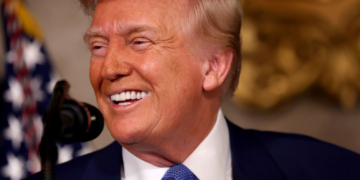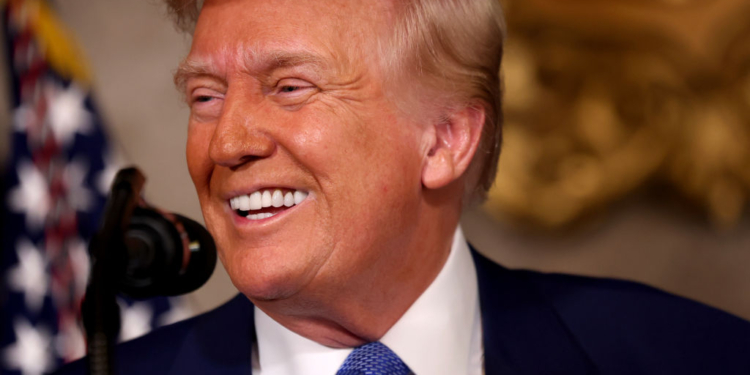President Donald Trump signed an executive order Tuesday that would expand access to in vitro fertilization (IVF) treatments by lowering the costs.
According to the Associated Press, the directive mandated that the assistant to the president for domestic policy provide Trump with a list of policy suggestions aimed at safeguarding access to IVF and significantly reducing out-of-pocket expenses and health plan costs for IVF treatment within a 90-day timeframe.
“Today, many hopeful couples dream of starting a family, but as many as one in seven are unable to conceive a child,” the executive order reads. “Despite their hopes and efforts, infertility struggles can make conception difficult, turning what should be a joyful experience into an emotional and financial struggle. My Administration recognizes the importance of family formation, and as a Nation, our public policy must make it easier for loving and longing mothers and fathers to have children.”
The order goes on to state that Americans need reliable and affordable access to IVF treatment “as the cost per cycle can range from $12,000 to $25,000. Providing support, awareness, and access to affordable fertility treatments can help these families navigate their path to parenthood with hope and confidence.”
“Therefore, to support American families, it is the policy of my Administration to ensure reliable access to IVF treatment, including by easing unnecessary statutory or regulatory burdens to make IVF treatment drastically more affordable.”
The AP further reported that IVF was a talking point during the 2024 presidential campaign, after the Alabama Supreme Court ruled that frozen embryos would be considered children under state law. The state further agreed to protect IVF providers from legal liability.
Insurance coverage can also depend on the provider, while government funded programs like Medicaid largely limit IVF coverage, leaving many without options, per the outlet.
In 2018, the Centers for Disease Control and Prevention reported that IVF treatments has contributed to 2% of all infants born in the U.S.


























 Continue with Google
Continue with Google